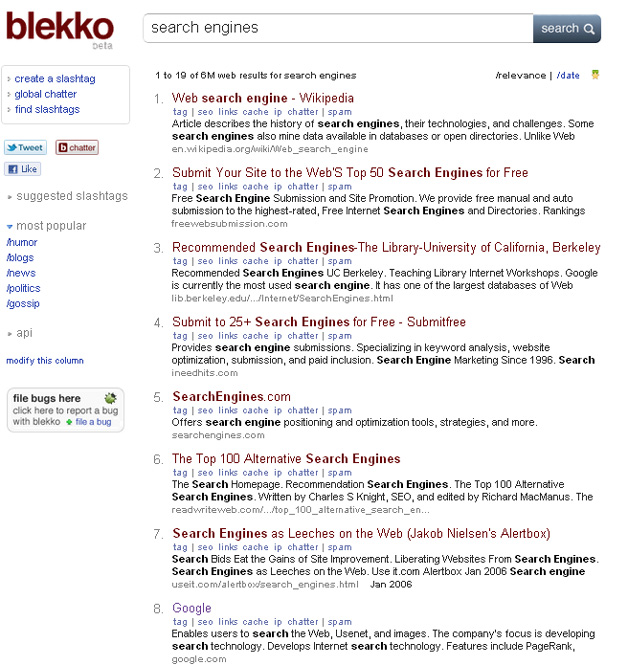IBM has announced its 2021 Call for Code challenge, with the theme of tackling climate change.
IBM’s Call for Code is currently in its fourth year, and calls on developers and problem-solvers to tackle some of the world’s biggest issues. This year, the theme is climate change, with IBM inviting developers to submit solutions on three sub-themes: zero hunger; clean water and sanitation; and responsible production and green consumption.
A major theme of the Call for Code challenge is the use of open source software, and this year is no different. IBM is emphasizing solutions built on “Red Hat OpenShift, IBM Cloud, IBM Watson, IBM Blockchain, atmospheric data from IBM’s Weather Company, and developer resources and APIs from partners like Intuit and New Relic.”
IBM is building on its decades-long environmental advocacy, in the hopes that participants will be able to help address one of the biggest challenges the world is currently facing.
“Climate change is one of the most pressing issues of our time, and we must apply our collective ingenuity and cutting-edge technologies to make a lasting difference,” said Ruth Davis, director of Call for Code, IBM. “Together with our ecosystem of partners, IBM will work with the winning team to incubate and deploy their solution in communities where it’s most needed, just as we’ve done with past winners. I encourage every developer and innovator around the world to seize this opportunity through Call for Code to change our climate trajectory.”






